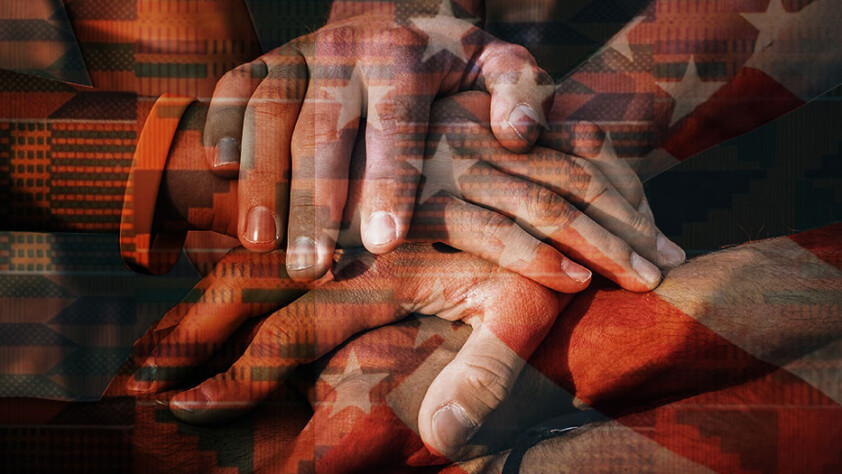DAY-2 CIVIL RIGHTS LEADERS AND ACTIVIST
a catalyst. They are world changers, destined to meet the challenges that they face head-on. They are determined to not only see the change that is needed but to exemplify that change through their unselfish actions, commitment to their cause, and the vision to forge both short and long-term solutions.
We have chosen a few of the apparent individuals that have graced our yearly Black History Month celebrations–Rosa Parks, Dr. Martin Luther King Jr, Malcolm X, and Jessie Jackson. But this year, we would like to add a few more unsung heroes and heroines like John Lewis and six other powerful Black women formally showcased on the History channel. Even though we are only on day two, it already seems like there are not enough days or spaces. Good thing we have THREE MORE DAYS!
They are determined to not only see the change that is needed but to exemplify that change through their unselfish actions
PHILIP GREENE – EMPOWER COFOUNDER
ROSA PARKS
Rosa Parks (1913—2005) helped initiate the civil rights movement in the United States when she refused to give up her seat to a white man on a Montgomery, Alabama bus in 1955. Her actions inspired the leaders of the local Black community to organize the Montgomery Bus Boycott. Led by a young Rev. Dr. Martin Luther King Jr., the boycott lasted more than a year—during which Parks not coincidentally lost her job—and ended only when the U.S. Supreme Court ruled that bus segregation was unconstitutional. Over the next half-century, Parks became a nationally recognized symbol of dignity and strength in the struggle to end entrenched racial segregation.
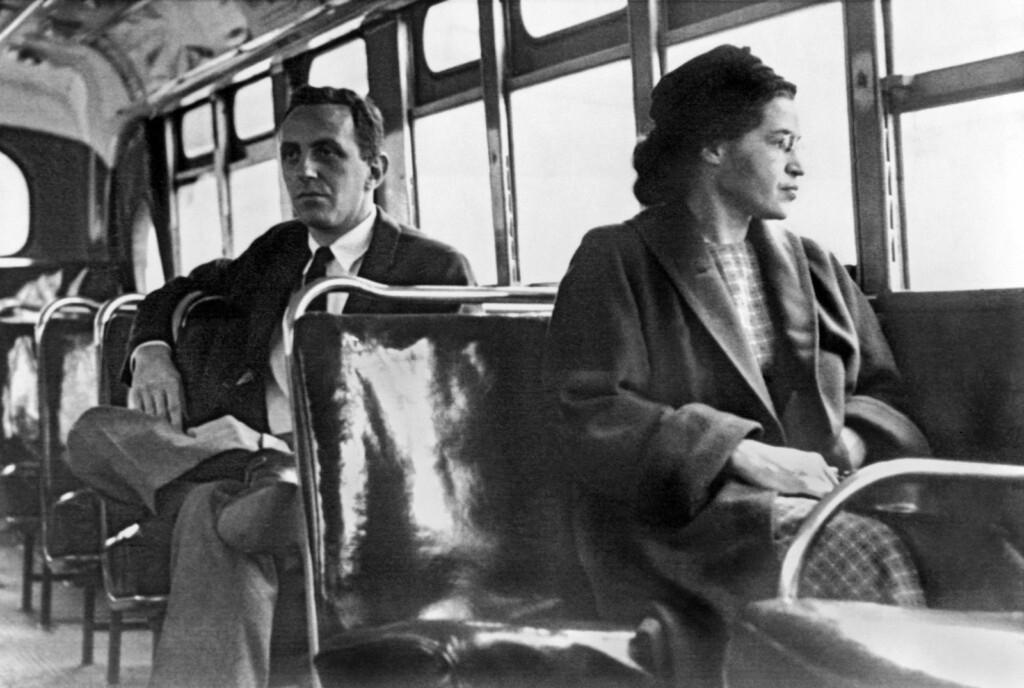
MARTIN LUTHER KING JR.
Martin Luther King, Jr. was a social activist and Baptist minister who played a key role in the American civil rights movement from the mid-1950s until his assassination in 1968. King sought equality and human rights for African Americans, the economically disadvantaged and all victims of injustice through peaceful protest. He was the driving force behind watershed events such as the Montgomery Bus Boycott and the 1963 March on Washington, which helped bring about such landmark legislation as the Civil Rights Act and the Voting Rights Act. King was awarded the Nobel Peace Prize in 1964 and is remembered each year on Martin Luther King, Jr. Day, a U.S. federal holiday since 1986.
MALCOM X
Malcolm X was an African American leader in the civil rights movement, minister and supporter of Black nationalism. He urged his fellow Black Americans to protect themselves against white aggression “by any means necessary,” a stance that often put him at odds with the nonviolent teachings of Martin Luther King, Jr. His charisma and oratory skills helped him achieve national prominence in the Nation of Islam, a belief system that merged Islam with Black nationalism. After Malcolm X’s assassination in 1965, his bestselling book, The Autobiography of Malcolm X, popularized his ideas and inspired the Black Power movement.
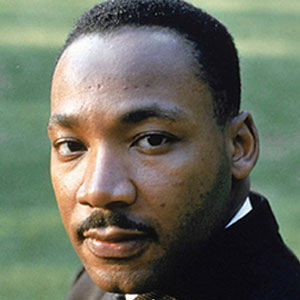
Martin Luther King Jr. 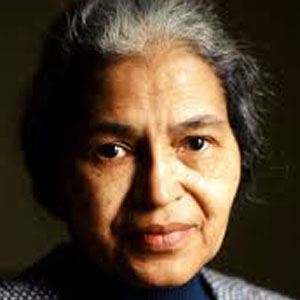
Rosa Parks 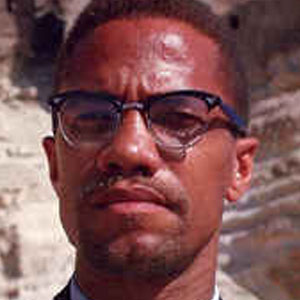
Malcolm X 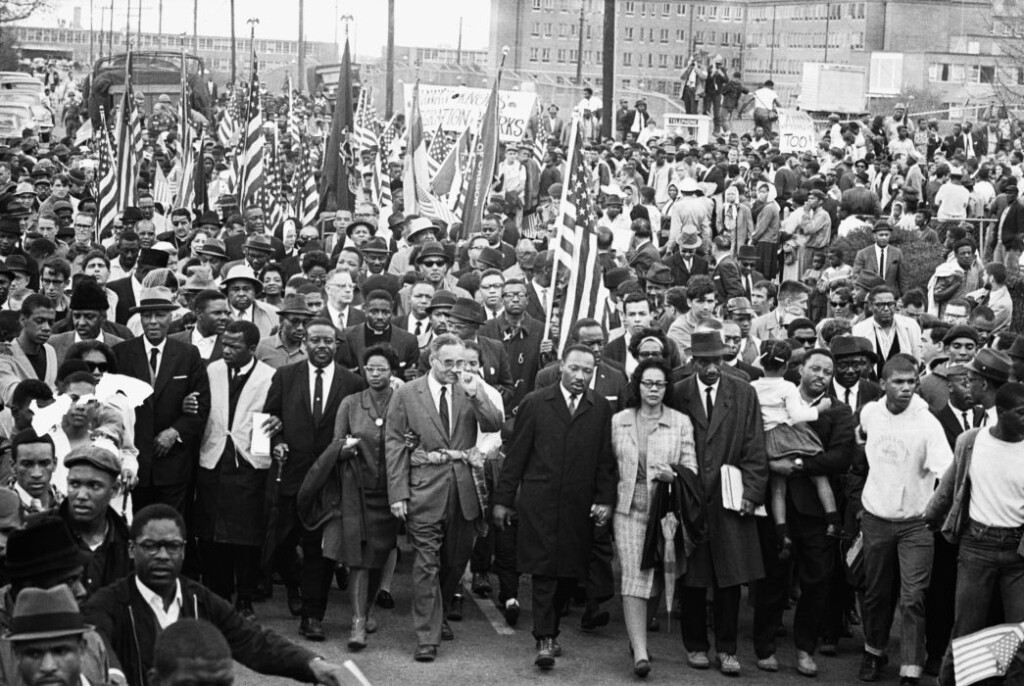
Martin Luther King Jr. leading peaceful protest march
JESSIE JACKSON AND JOHN LEWIS
Jessie Jackson, civil rights leader and two-time Democratic presidential candidate (1941–) became one of the most influential African-Americans of the late 20th century. He rose to prominence working within Martin Luther King Jr.’s Southern Christian Leadership Conference (SCLC) and was at the Memphis hotel with King when he was assassinated. Through PUSH, the organization he founded in 1971, Jackson pressed for broader employment opportunities for African-Americans. During the 1980s and 1990s he negotiated the release of dozens of international hostages and prisoners. In his 1984 and 1988 presidential campaigns, Jackson won 16 state contests and millions of votes, making him the first viable African-American candidate for president.
Congressman John Lewis and other activists who practiced civil disobedience in the 1960s knew their opponents wouldn’t show them civility in return. John Lewis, a leader of the civil rights movement who co-founded the Student Nonviolent Coordinating Committee, was arrested 40 times between 1960 and 1966 for protesting racist laws and practices in the Jim Crow South. During the first attempt to march from Selma to Montgomery for voting rights on March 7, 1965, state troopers and “deputized” white men beat him so badly they fractured his skull.
SIX UNSUNG HEROINES OF THE CIVIL RIGHTS MOVEMENT
Though their stories are sometimes overlooked, these women were instrumental in the fight for equal rights for African-Americans.
While their stories may not be widely known, countless dedicated, courageous women were key organizers and activists in the fight for civil rights. Without these women, the struggle for equality would have never been waged. “Women have been the backbone of the whole civil rights movement,” activist Coretta Scott King asserted in the magazine New Lady in 1966. Here are a few of their stories.
1. Rev. Dr. Pauli Murray (1910–1985)
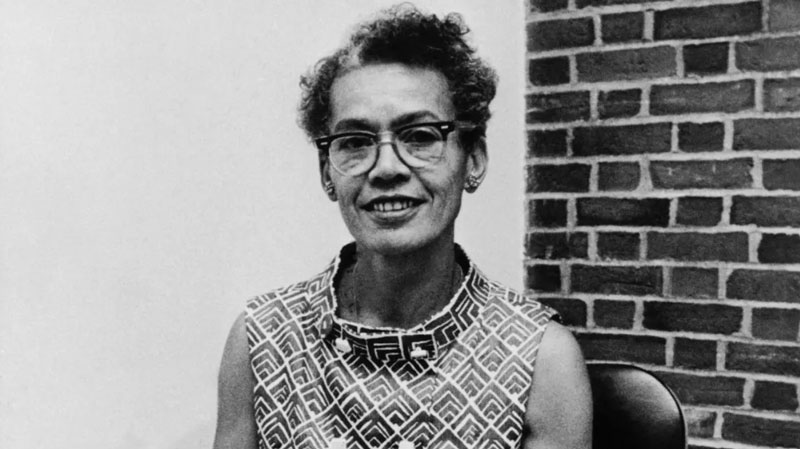
Brandeis University professor Dr. Pauli Murray, 1970. (Credit: AP Photo)
The Draftswoman of Civil Rights Victories
The writings of The Rev. Dr. Anna Pauline “Pauli” Murray were a cornerstone of Brown v. Board of Education of Topeka, the 1954 Supreme Court case that ended school segregation, but the lawyer, Episcopal priest, pioneering civil rights activist and co-founder of the National Organization for Women wouldn’t be made aware of that extraordinary accomplishment until a decade after the fact.
2. Mamie Till Mobley (1921–2003)
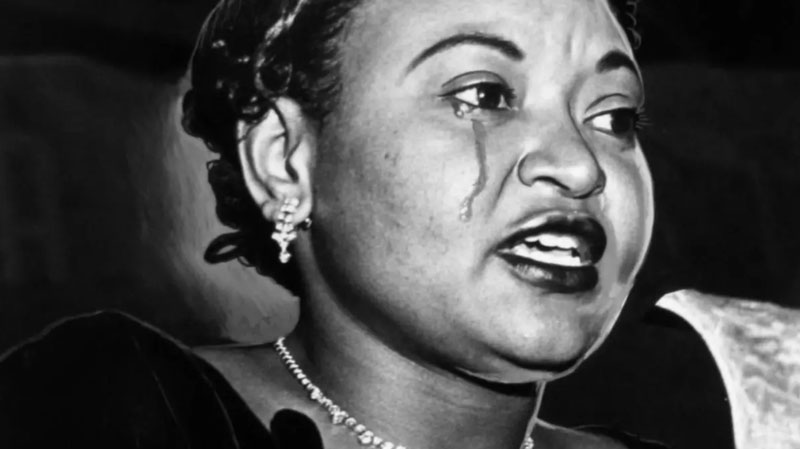
Mamie Bradley, mother of lynched teenager Emmett Till, crying as she recounts her son’s death, 1955. (Credit: Afro American Newspapers/Gado/Getty Images)
Inspirational Mother of a Martyr
Mamie Till Mobley’s story is one of triumph in the face of tragedy. Though she never sought to be an activist, her resolve inspired the civil rights movement and “broke the emotional chains of Jim Crow,” the Rev. Jesse Jackson would remark upon her death.
3. Claudette Colvin (born 1939)
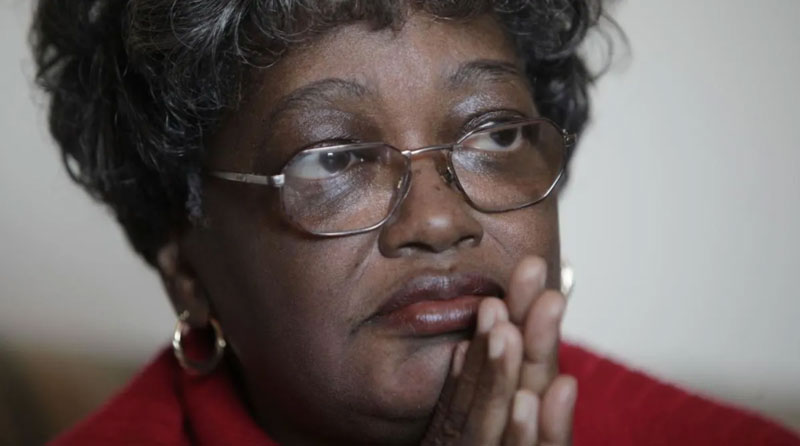
Bronx resident Claudette Colvin in 2009. (Credit: Julie Jacobson/AP Photo)
The Teenager Who Refused to Give Up Her Bus Seat Before Rosa Parks
When Claudette Colvin‘s high school in Montgomery, Alabama, observed Negro History Week in 1955, the 15-year-old had no way of knowing how the stories of Black freedom fighters would soon impact her life. “I knew I had to do something,” she later told USA Today. “I just didn’t know where or when.”
4. Maude Ballou (1925-2019)
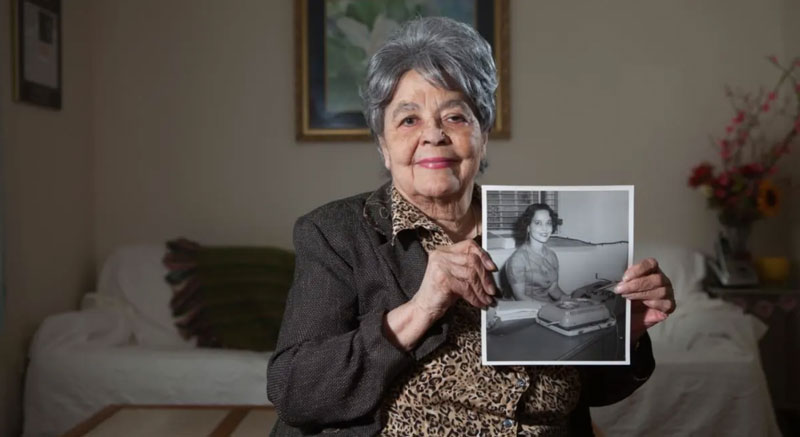
Maude Ballou, in 2015, with a photo of herself taken when she served as Martin Luther King, Jr.’s secretary from 1955 to 1960. (Credit: The Washington Post/Getty Images)
The “Daredevil” Who Served as MLK’s Right-Hand Woman
In 1955, Maude Ballou—a young mother who had studied business and literature in college and was program director of the first Black radio station in Montgomery, Alabama—was approached by her husband’s friend, a young minister and activist named Martin Luther King, Jr., to be the personal secretary.
5. Diane Nash (born 1938)
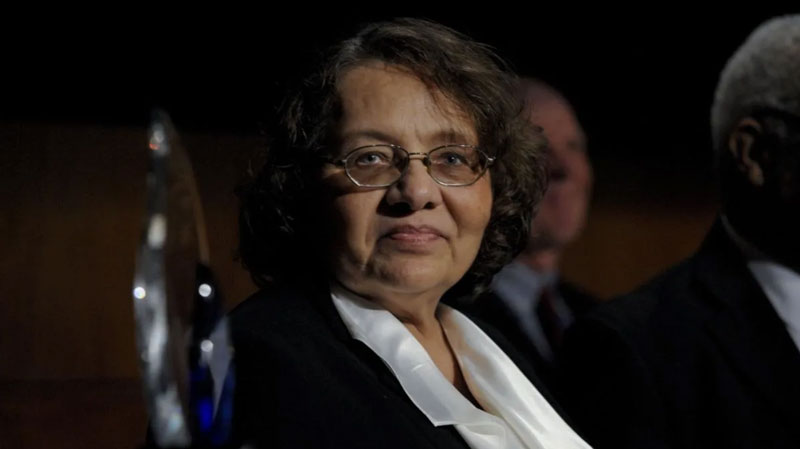
Diane Nash at the 2011 Search For Common Ground Awards at the Carnegie Institution for Science, 2011. (Credit: Leigh Vogel/Getty Images)
Freedom Rider and Nonviolent Student Activist for Desegregation
A native of Chicago, Diane Nash hadn’t experienced the shock of desegregation within the Jim Crow South until she attended Fisk University in Nashville, Tennessee. The “Whites Only” signs scattered throughout Nashville inspired Nash to become the chairperson of the Student Nonviolent Coordination Committee (SNCC) in 1960, where she organized sit-ins at segregated lunch counters throughout Nashville. Nash kept the group’s commitment to nonviolence front and center at the sit-ins, which proved very effective in ending the discriminatory practices within the restaurants.
6. Coretta Scott King (1927–2006)
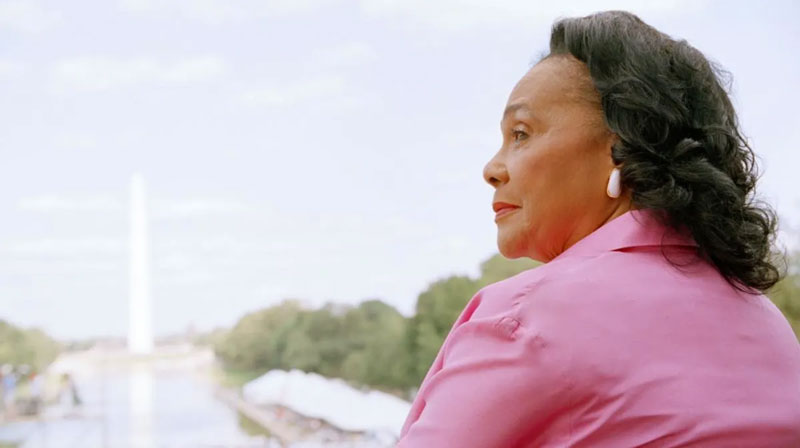
Coretta Scott King attending a ceremony dedicating an engraved marker in honor of Dr. Martin Luther King Jr.’s “I Have a Dream” speech on the steps of the Lincoln Memorial on the 40th anniversary of the March on Washington. (Credit: Allison Silberberg/Getty Images)
Human Rights Activist, Pacifist, Musician
In 1968, just days after the assassination of Rev. Dr. Martin Luther King, Jr., his wife, Coretta Scott King, took his place at a sanitation workers’ protest in Memphis. A few weeks later, she kicked off his planned Poor People Campaign. She had long been politically active, but her husband’s death galvanized her activism.
Content provided courtesy of History.com and Britannica.com All Rights Reserved.


